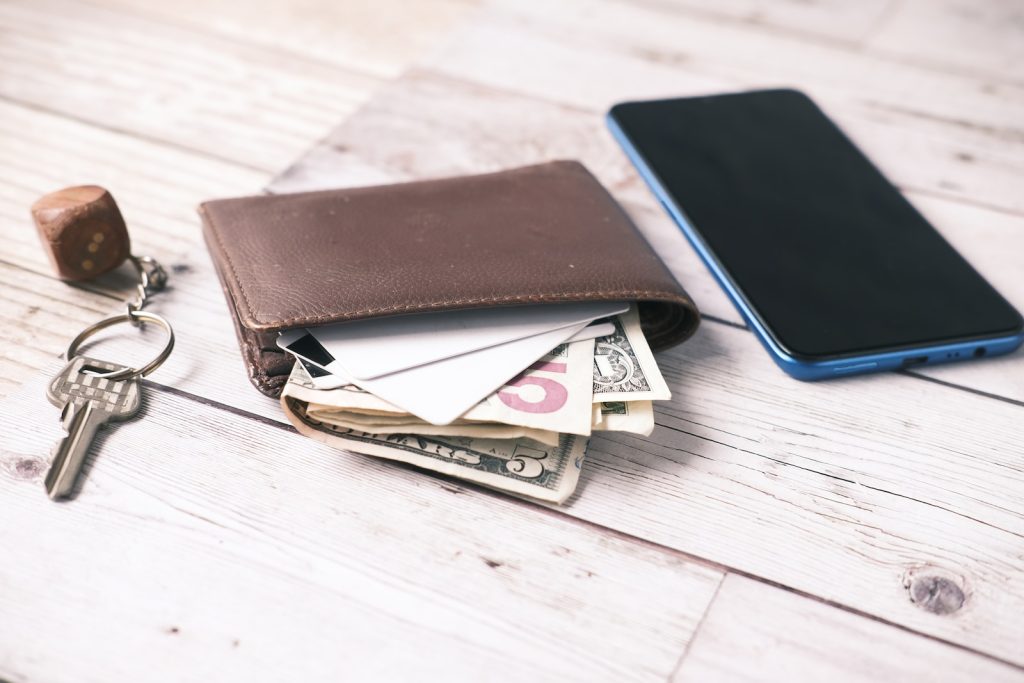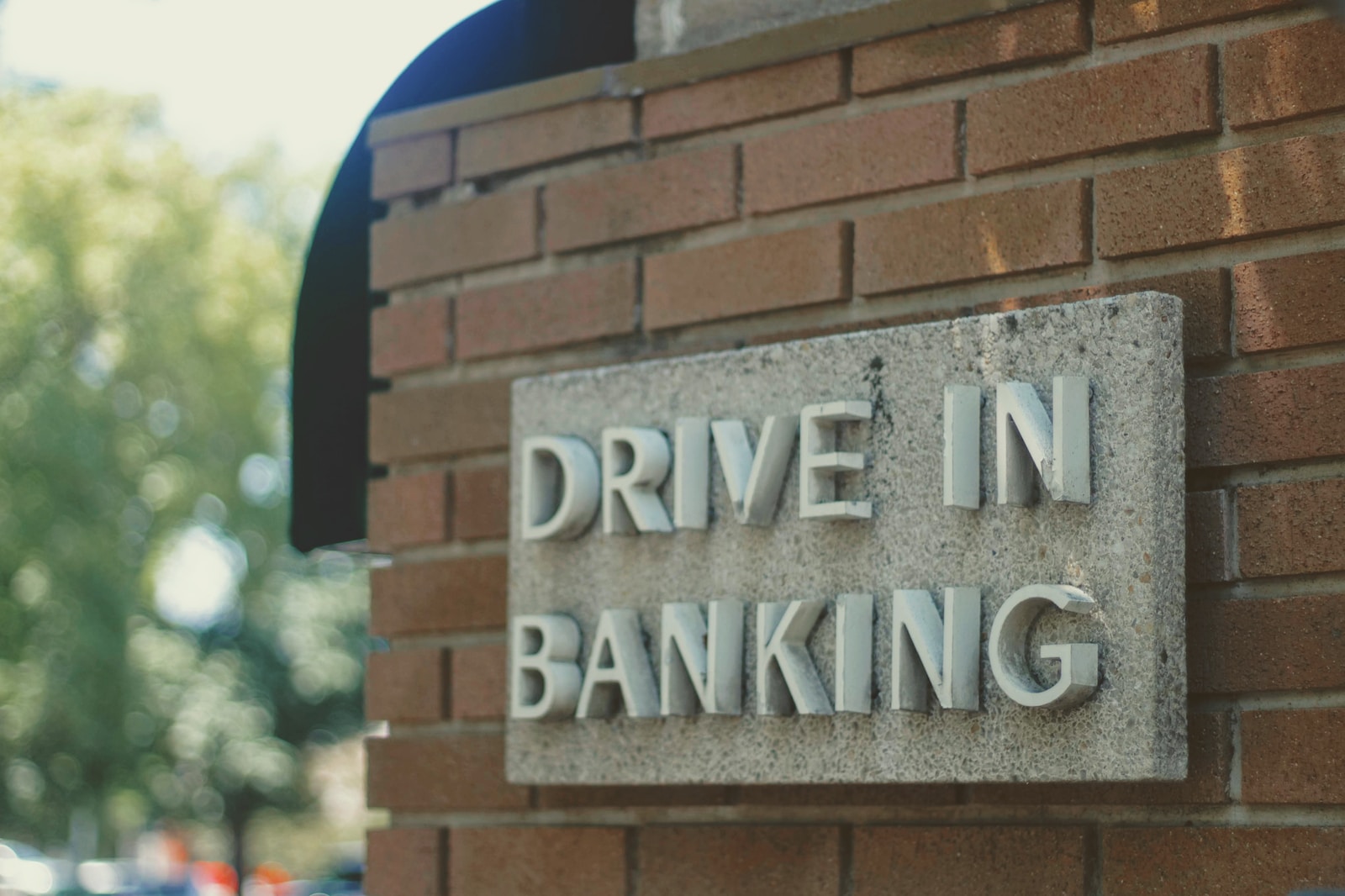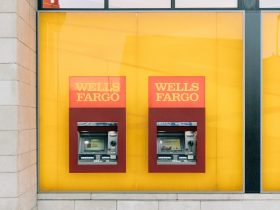Welcome back, my fellow ethical spenders! Today, we’re diving deep into the heart of our financial world, exploring the fascinating impact of ethical banking on the choices we make as consumers. Buckle up, because this ride is about to get eye-opening, thought-provoking, and just a tad bit cheeky!

Ethical banking, the buzzword of the decade, has transcended beyond being a mere trend. It’s a conscious lifestyle choice that echoes the values we hold dear. As we navigate this realm, let’s unravel the intricate ways in which ethical banking has been reshaping our financial decisions, one heartfelt investment at a time.
Picture this: you’re strolling down the banking boulevard, hunting for a financial haven that aligns with your eco-conscious values. Suddenly, you stumble upon a bank that not only offers competitive interest rates but also invests in clean energy initiatives. It’s like finding a unicorn in a herd of horses! This is the magic of ethical banking, where financial goals intertwine seamlessly with environmental and social causes.
The ethical banking landscape is not just about financial transactions; it’s a profound statement. It’s about saying no to exploitative investments and yes to a world where your money can foster positive change. Whether it’s steering clear of fossil fuel investments or promoting fair trade practices, ethical banks are revolutionizing the way we perceive the impact of our financial choices.
Take the story of Sarah and Mark, a young couple from Portland. When they decided to purchase their first home, they were determined to find a mortgage that wouldn’t compromise their commitment to sustainability. After extensive research, they stumbled upon a local credit union that prioritized funding for green home initiatives. Not only did they snag a fantastic mortgage deal, but they also contributed to the growth of their community’s renewable energy projects. Talk about hitting two ethical birds with one stone!
Now, let’s not overlook the undeniable power of convenience in the banking universe. We all crave user-friendly interfaces, swift transactions, and seamless banking experiences. The beauty of ethical banking lies in its ability to merge convenience with conscience. Thanks to the digital revolution, several ethical banks have harnessed the prowess of technology to offer user-friendly apps and hassle-free online banking services, proving that ethical banking doesn’t mean sacrificing modern-day comfort.

A prime example is GreenCoin Bank, a rising star in the ethical banking constellation. With its user-friendly interface and a commitment to funding environmentally sustainable projects, GreenCoin has managed to strike a chord with the tech-savvy, environmentally conscious millennials. It’s like having your ethical cake and eating it too!
However, let’s address the elephant in the room: the myth that ethical banking is reserved for the elite. Contrary to popular belief, ethical banking isn’t just for the tree-hugging, chai-sipping elites. It’s for everyone who believes in making a positive impact, regardless of their income bracket. From community development banks supporting local businesses to credit unions providing financial services to underserved communities, ethical banking caters to a diverse audience, debunking the myth that it’s an exclusive club for the well-heeled.
One can’t discuss ethical banking without acknowledging its ripple effect on global sustainability. As consumers, our choices hold the power to shape the world we live in. By channeling our financial resources into ethical banks that champion sustainable development, we contribute to a domino effect that fosters positive environmental and social change. It’s the small ripples that create the grand waves of transformation, and ethical banking is at the forefront of this wave.
Let’s not forget the heartwarming tales of community empowerment that ethical banking has brought to light. From funding local organic farms to supporting microenterprises in developing nations, ethical banks are catalysts for community resilience and empowerment. They foster a sense of shared prosperity that transcends geographical boundaries, proving that ethical banking isn’t just about numbers; it’s about fostering a global village where every financial transaction tells a story of hope and empowerment.
So, my dear readers, as you sip your ethically sourced coffee and ponder your next financial move, remember that ethical banking isn’t just a financial transaction. It’s a conscious choice that speaks volumes about the values we uphold and the legacy we wish to leave behind. Whether you’re a seasoned ethical spender or a curious soul dipping your toes into this transformative realm, ethical banking welcomes all with open arms and a promise of a better, more sustainable tomorrow.
In conclusion, let us continue to weave the thread of ethical banking into the fabric of our financial choices, for it’s not just about the present; it’s about the future we’re crafting, one mindful investment at a time. So, go forth, my fellow ethical spenders, and let your financial choices be the guiding stars that illuminate the path to a more just, sustainable, and compassionate world.
Until next time, stay ethical, stay fabulous!

































